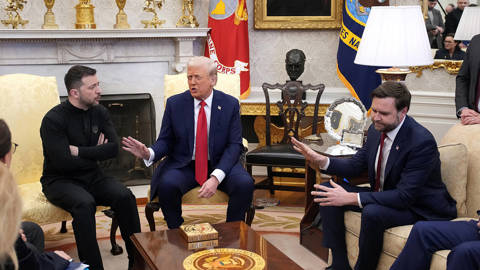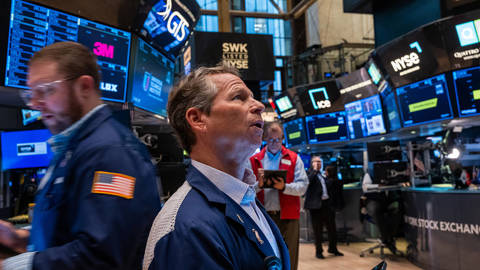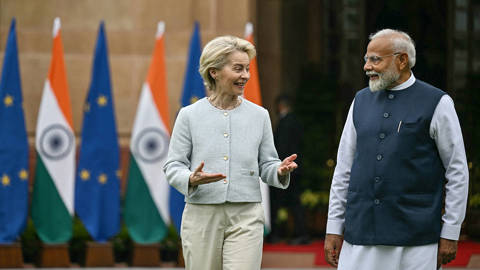Domenico Lombardi
Domenico Lombardi, a former executive board member at the IMF and the World Bank, is a strategic advisor and former bank CEO.
-
How to Use the SDR
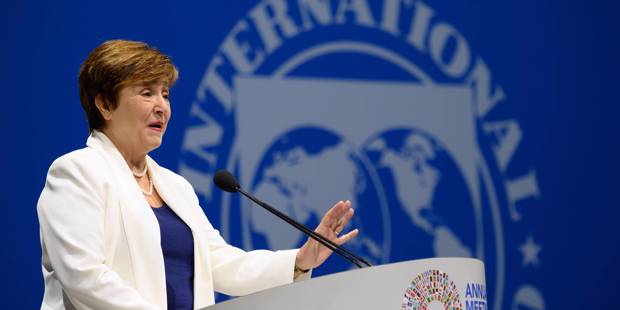
How to Use the SDR
Apr 28, 2020 Jim O'Neill & Domenico Lombardi show how national financing facilities could leverage a new issue of the IMF's international reserve asset.
-
Modernizing the IMF
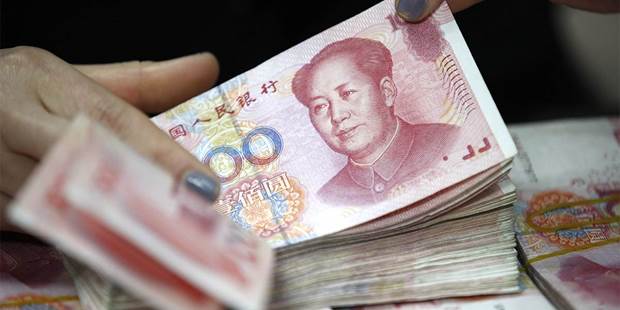
Modernizing the IMF
Jul 8, 2015 Harold James & Domenico Lombardi argue that the renminbi belongs in the basket of currencies that determines the value of the SDR.
-
China’s G-20 Moment

China’s G-20 Moment
Feb 4, 2015 Yu Yongding & Domenico Lombardi spell out how the country's goals could be advanced by its coming G-20 presidency.
-
The Global Consequences of Russia’s Isolation

The Global Consequences of Russia’s Isolation
Jan 6, 2015 Harold James & Domenico Lombardi say that the country has little stake in existing global governance mechanisms.
-
Ukraine’s Debt Dilemma
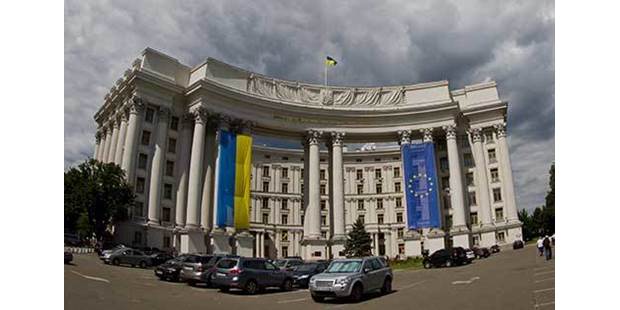
Ukraine’s Debt Dilemma
Nov 12, 2014 Barry Eichengreen & Domenico Lombardi make the case for re-profiling, rather than restructuring, the country's sovereign bonds.





